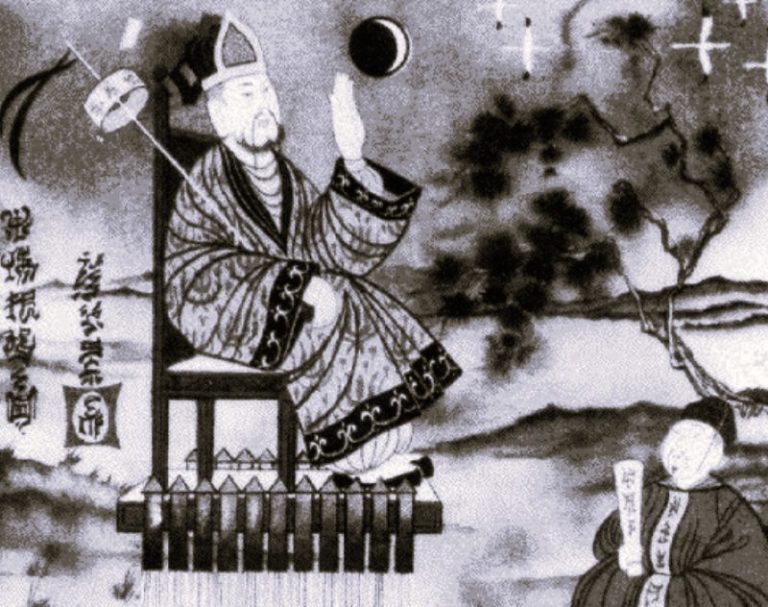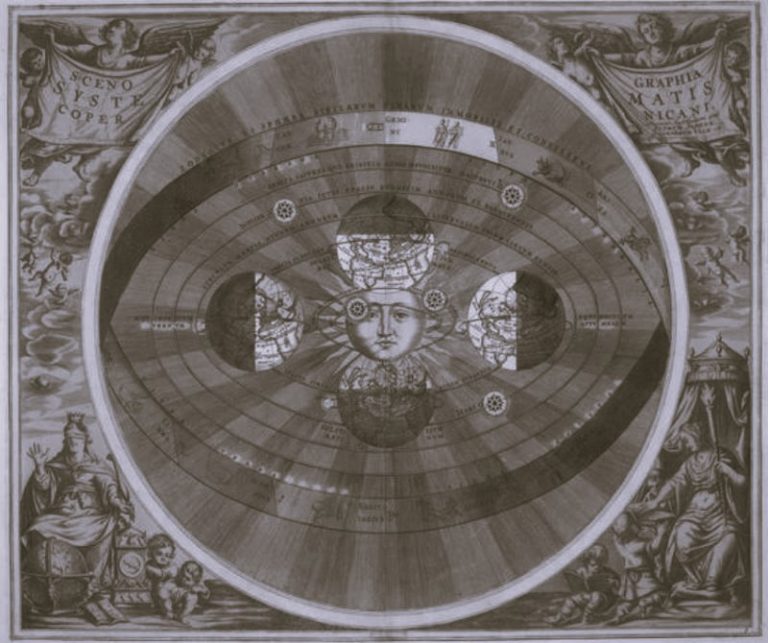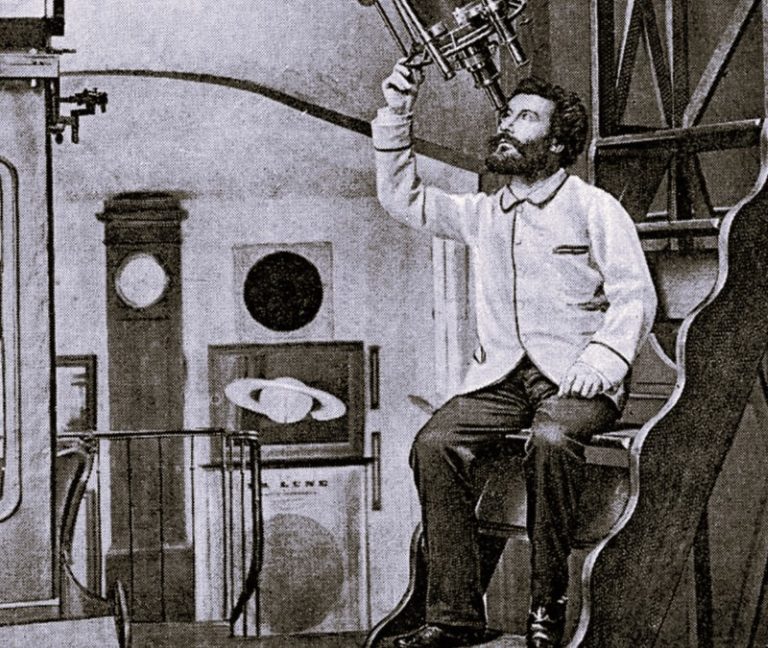
It doesn’t matter how far back in history you go; there are indications that groups of people have always gathered to gamble together. In this article, we will look at some of the most critical gambling milestones to bring us to the gambling experience we are all familiar with today.
The Earliest Concrete Evidence of Gambling
Historians are sure that gambling and betting have been taking place since the beginning of human history, although the earliest evidence dates back to China in 2300bc. Tiles have been unearthed by architects, which show a game of chance was played. There are references to “The drawing of wood” in the Chinese “Book of Songs,” which indicate these tiles were part of a lottery-style game.
Lotteries have been part of our culture, from the beginning of evidenced gambling until the present day. Lottery profits helped build the Great Wall of China, and then lottery funds were used to establish both Yale and Harvard, and today, more than ever, lottery funds help multiple charities and organizations do good for people the world over.
500 BCE – Dice Were Invented
The first mention of dice in Greek history comes from the Greek poet Sophocles who suggests around 500bc that a mythical hero invented dice during the siege of Troy.

There is no doubt that the Ancient Greeks and their Roman counterparts loved to gamble, and they did so at any given opportunity, including dice games. Dice games, though, along with all other types of gambling, were forbidden entirely in Greece and Rome, with heavy financial penalties imposed, meaning anyone caught would pay a fine four times the value of the bet they saw them making.
The Romans got around these laws by inventing the first-ever gambling chips, so if and when they were ever caught gambling, they could claim no money was involved, and they were playing only for chips.
The First Playing Cards
The first playing cards that historians trace back to 9th century China bore zero resemblance to the 52 card deck we are familiar with today. The format and rules of the games they played are unknown, but many believe the cards were both the stake and the game, possibly more like trading cards than a game.
The Earliest Form of Blackjack

The first evidence of a variation of Blackjack appears to be a Spanish game called veintiuna, which is referenced in a 1601 book written by Cervantes.
Vingt-et-un, a French game originally from the seventeenth century, appears to be an adaptation or veintiuna and is a direct forefather to the current game as we know it.
The name ‘blackjack’ was derived in the Nevada casinos in the 1930s. To entice new gamblers to the tables, 10 to 1 odds were paid out if a player held the Blackjack of Spades or Clubs along with the Ace of Spades.
The First Casinos Opened In Italy in The Early 17th Century
The first casinos, or ‘gambling houses’ as they were then known, appear to have opened in 1638 Venice in an attempt to create a controlled environment for gamblers.
It took two centuries longer until casinos started to open across Europe and the U.S. As we know, the Las Vegas strip is a far cry from those 19th-century casinos that were often filled by traders and the more affluent farmers at the time.
Roulette – ‘The Wheel’
It was in the gaming houses in Paris in 1796 where the first conception of roulette appeared. Throughout the 19th century, roulette grew in popularity and eventually evolved to the one green zero game we know it to be today throughout Europe, although the original double-zero wheels have stuck in America.
The Birth of Poker
The origin of poker is a hard one to pin down. In 1829, English actor Joseph Crowell confirmed that a form of the game was being played in New Orleans, but there is no doubt that poker evolved from various card games.
Although poker has been around a long time, it took until the 1970s for it to gather the momentum it has today as the world’s most popular card game. Once they started tournaments in Vegas, and not long after that, began to televise them, viewers could see the hands the players were holding, and that gave the game a huge shot in the arm.
Online Gambling
Online gambling originated in 1994, which in internet terms is ancient history. By the year 2000, the online gaming industry was worth over a billion dollars. Today it is a multibillion-dollar industry with hundreds of thousands of online casinos and slot games available,
Mobile Gambling
There is almost an infinite market out there nowadays for online and mobile gamblers, and the gambling sites and apps are certainly stepping up and delivering. Internet gamblers are veering towards mobile devices so they can gamble on the go.
What Does The Future of Gambling Hold?
The future is hard to predict in any walk of life but moving forward there is no doubt online casinos will continue to make their content more accessible and compatible for handheld devices.
With virtual technology snowballing in popularity, I don’t believe we’re too many years away from being able to sit around a virtual table with friends from all over the world, looking into the eyes of each other and trying to pick up on those telling facial tics and expressions that are oh-so-important to the game of poker. After that, though, it’s anyone’s guess as to how gambling will evolve next.







